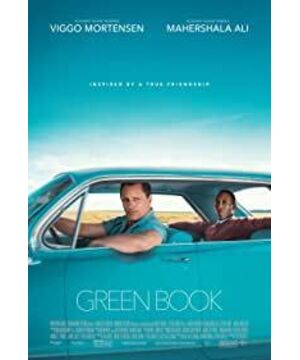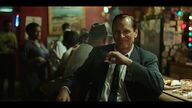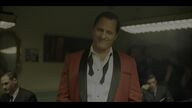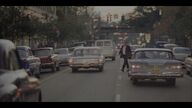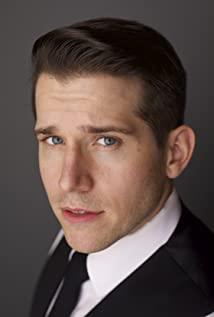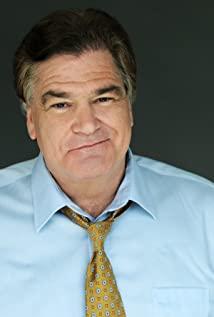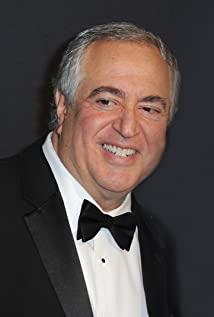At first I wanted to watch "Green Book" purely because of the road trip element in the movie. After watching it, I realized that the road trip is just an episode, and a friendship that spans races and classes is the most worthy of praise.
The film is set in the United States in the 1960s, and tells the story of Tony, an Italian-American who was hired as a driver by top pianist Don Shelly.
In the United States in the 1960s, racial discrimination was deeply rooted, especially in the southern United States. Many states had many discriminatory policies against blacks in terms of transportation, accommodation, and catering, and they were legal discrimination. At the beginning of the film, Tony himself also showed serious discrimination against blacks. He threw the cups used by blacks into the trash; during the first interview, when he learned that the owner was black, he refused, although the payment was very tempting. The "Green Book" was born for such discrimination. Its full name is "Green Book for Black Motorists". The book details which hotels, bars and gas stations are "allowed by black people" to help black compatriots avoid risks.
Rich people can pay high fees to hire employees they trust, while poor people have no choice. In return, Tony ended up taking a job as a driver and bodyguard and was given a copy of the Green Book.
In addition to the difference in skin color, the cultural background and family of the two people are also vastly different.
One is a genius who has been learning piano from his mother since childhood, a human elite with doctorate degrees in music, psychology, and religious arts; the other is a bodyguard who has little culture, struggles to write home letters, and can eat 26 hot dogs for $50.
Don played the piano in the White House and was often invited to perform for upper-class parties, but he was never truly recognized as a black man. The rich people just use him as a tool to show off. In addition to not being accepted by the society, in the film, Tang's relationship with his family is also very distant, and Tang's whole life is like a lonely solo. Tony is different. Although financially tight, the family lives happily and eats together. "They don't have the right to choose to enter", but "no matter what they do, they do their best, work hard when they go to work, laugh as much as they want, and enjoy their food as if they were the last meal."
Life is like this, it is difficult to have both, or material poverty, or emotional desolation.
Such two people are destined to coexist with contradictions and jokes.
Even though Tony had a deep prejudice against Don, the first time he saw Don on the tour, he was so captivated that he began to feel a little more willing to serve such a refined pianist. Along the way, Tang encountered a lot of troubles, and Tony solved them one by one with violence and courage. Tony has street smarts, but such smarts are not comprehensive enough. He would throw a fist at the police on a whim, causing the two to be taken to prison.
Tony helps Don with his survival problems, while Don guides Tony to a more elegant life. He helped Tony write beautiful love letters that would make his wife's friends the envy of him. Don was also infected by Tony's free and joyful nature, and he and Tony ate hand-cooked chicken in the car, no longer caring if he would soil the blanket on his knees. Even, in order for Tony to abide by the agreement with his wife and go home before Christmas, Don drove a tired Tony home in the blizzard.
At the end of the film, when Tony couldn't enjoy the family Christmas because of his separation from Tang, Tang appeared at the door of the house... So far, the relationship between the two is not only the boss and the driver, but also not just a travel partner.
The car crosses the highway and you can see the beautiful plains of Iowa, but who knows what kind of snow lies behind the plains, and how such coldness will melt?
The Green Book doesn't have the answer, but the Green Book has it.
View more about Green Book reviews


